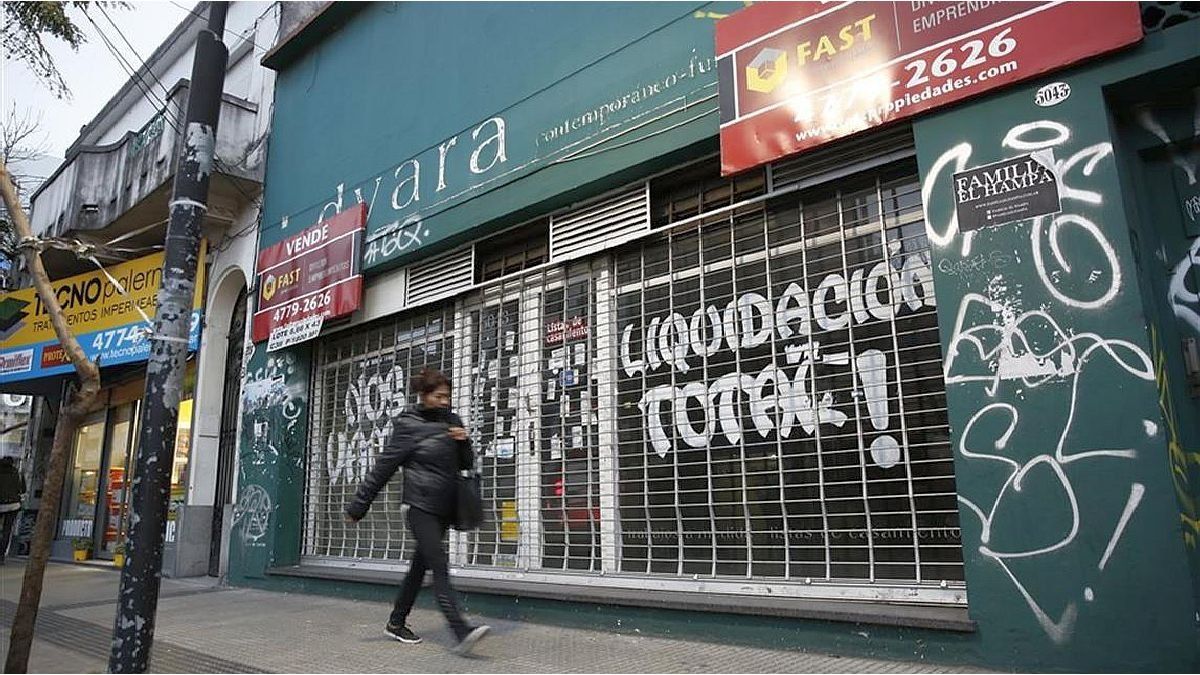The German Baltic Sea fishery is in ruins and other Baltic Sea countries are also having problems. Because many stocks in the sea are doing badly and since Russia’s attack there has been another problem.
Federal Fisheries Minister Cem Özdemir has sharply criticized Moscow for the actions of Russian fishermen in the Baltic Sea. Russia is trampling on the principles of the community, he said on the sidelines of a meeting with his EU counterparts in Luxembourg. “We know that fishing, as practiced by Russia, has a dramatic impact on stocks,” said the Green politician. For example, cod is caught during the spawning season, which contradicts all principles of sensible fishing.
Many fish stocks in the Baltic Sea are doing poorly for several reasons. EU fishermen therefore have to adhere to guidelines on the maximum amount of fish they are allowed to take from the Baltic Sea. Russian fleets, however, do not have to adhere to these requirements. “The Russian fleet now fishes the largest part of the total catch of eastern cod,” said the head of the Thünen Institute for Baltic Sea Fisheries in Rostock, Christopher Zimmermann. Given Russia’s increasing shares of certain stocks, there is “almost certainly overfishing.” Since the beginning of the Russian war of aggression against Ukraine, there has been no official exchange about how much fish Russian ships are taking from the Baltic Sea.
Call for sanctions
An EU diplomat said many EU states had raised Russia’s fishing activities in the Baltic Sea in preparation for the ministerial meeting. A number of member states are calling for sanctions against Russian food products, said the diplomat. In addition to classic sanctions, which must be decided unanimously, the EU could also decide on higher tariffs on Russian fishing products. This would require the consent of 55 percent of the EU states, which represent 65 percent of the EU population.
Özdemir appeared open to higher tariffs. He welcomed the fact that the EU heads of state and government had recently spoken out in favor of further restricting Russia’s ability to wage war, for example through import tariffs on Russian agricultural products, said the minister.
Source: Stern




